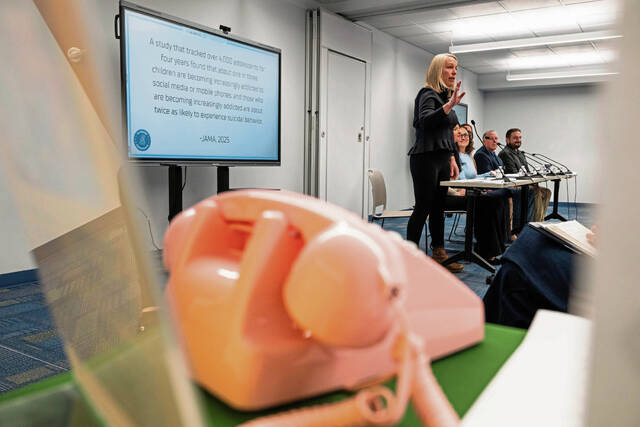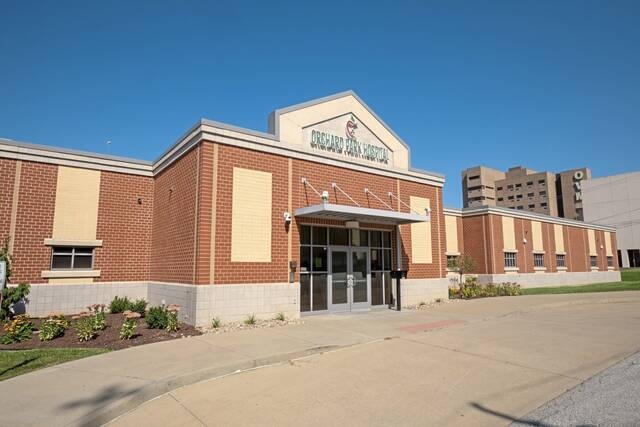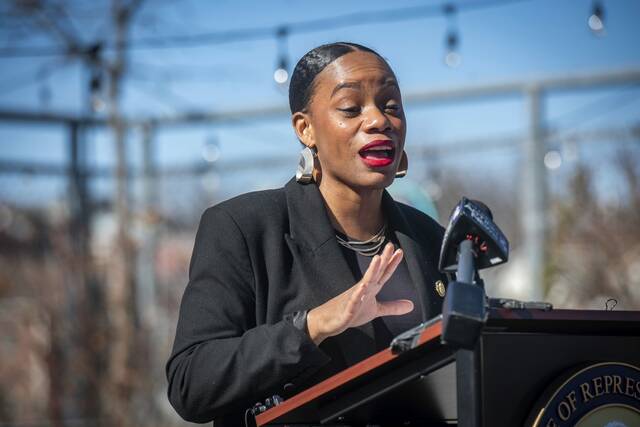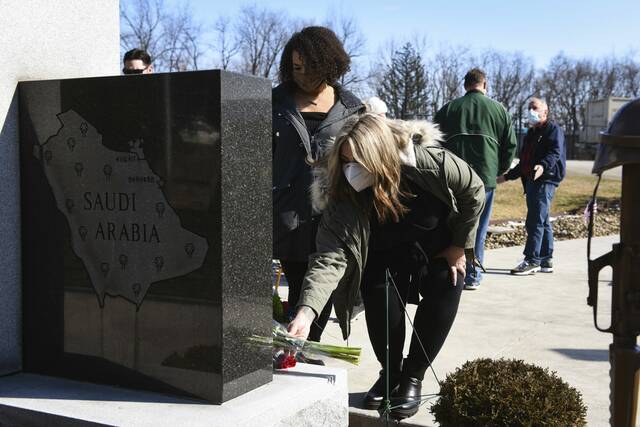Gov. Tom Wolf’s order Thursday to close all non-life-sustaining businesses will strain local businesses and local communities, but it may be the state’s best shot at controlling the spread of the coronavirus, some public and health officials said.
“Having these nonessential stores closed is having an impact on small businesses and employees. It’s a tragedy, but obviously we’re all going to have to suffer together to overcome this,” said state Rep. Harry Readshaw, a Democrat from Pittsburgh’s Carrick neighborhood.
“We have to stay strong and do whatever is required of all of us. Not only elected officials, but medical personnel — we all have to stay strong and fight the battle. And hopefully we’ll come out victorious. The question is just how long it will take.”
Readshaw, who will be retiring at the end of his term this year, said that in trying times, you have to make decisions.
“Whether they are correct or not will be decided in the future,” he said.
The effects and effectiveness of Wolf’s order weren’t immediately known and public and health officials took stock of the most widespread and potentially crippling move by the government since cases of the coronavirus first turned up in Pennsylvania.
Wolf’s 5 p.m. order went into effect at 8 p.m. Thursday.
GOP state leaders livid
The state House Republican leadership offered a blistering criticism Thursday night.
“The Wolf Administration set off a panic tonight throughout the Commonwealth with its edict to shut down employers. The ill-prepared actions, announced after normal business hours, are not only an economic blow to every worker in the state right now but will have ramifications long into the future.
“These actions will shut down many small, family-owned shops and businesses, not only for the duration of this event, but possibly, and probably, forever.
“The sprawling and confusing list provided by the governor is provided with no explanation, and we will explore all avenues available to us to determine whether the action he’s taken is allowed within our state Constitution.
Republican state Senate leaders called for the governor to create an appeal process for businesses.
In that vein, state Rep. Daryl Metcalfe, R-Cranberry, questioned Wolf’s definition of a life-sustaining business. He said it was unnecessary for sectors to shut down, especially in places where workers aren’t always in close proximity to one another.
“If you’ve got a job, that job is life-sustaining for your family,” Metcalfe said.
Westmoreland leaders react
Chad Amond, president of the Westmoreland County Chamber of Commerce said his organization will send out an advisory to members once it is clear what the governor’s order means.
“We just don’t know,” Amond said.
District Attorney Attorney John Peck said his office will not be the governor’s enforcement arm in the county. Peck speculated that the state Department of Health or the state’s liquor enforcement agency could issue fines.
“The fact that it’s a governor’s proclamation doesn’t make it a crime,” Peck said. “I’m not aware of a law that would cover this.”
Westmoreland County Commissioner Sean Kertes, a Republican from Greensburg, said the county supports the governor’s action as a means to ensure public safety.
“We want to cooperate with the state any way that’s possible, but enforcement is outside of our purview,” he said.
Allegheny County leaders’ takes
Pittsburgh Mayor Bill Peduto fully supported Wolf’s order.
“It’s a challenging time for all residents and businesses, but these moves are absolutely necessary to help stem the spread of the virus and give our hospitals and first responders more time to prepare for the pandemic,” said Peduto’s spokesman Tim McNulty.
Allegheny County officials are reviewing the order, a county spokesperson said.
During a press call held shortly before the governor’s order was released, Allegheny County Health Department Senior Deputy Director Ron Sugar said the department was satisfied with local business closures. Before Wolf’s expanded order Thursday, there was some confusion about which businesses should remain open. Officials had relied on the common sense of business owners.
A legal scholar weighs in
The U.S. Constitution and federal law delegate much of the work of responding to public health crises to local governments and officials on the front lines, said Keith Whittington, constitutional law professor at Princeton University. States and municipalities have the power to make and enforce any regulations deemed necessary to protect public safety during states of emergency.
“And that’s pretty wide-ranging,” Whittington said. “In these kind of emergency situations, they can do quite drastic things. They can order normally lawful operators to close completely.”
Medical community reaction mixed
Health officials Thursday said continued social distancing will be critical to controlling the coronavirus.
Dan Laurent, a spokesman for Allegheny Health Network, said the health system supports Wolf’s efforts.
“We believe every effort to discourage crowds and to create social distancing that may help us flatten the curve of this epidemic is important,” Laurent said. “So we think the governor is making an appropriate decision in that respect.”
UPMC spokesman Paul Wood declined to comment Thursday on Wolf’s order.
“We’re focusing on doing our jobs and just caring for our patients and caring for the community,” he said.
The order allows physicians and dentists offices, as well as hospitals, nursing care and other health care services to remain open, but it prohibits elective procedures.
Both state and county health experts this week called on local health care systems to postpone elective surgeries in order to prepare for a potential influx of patients due to covid-19.
Allegheny Health Network and Excela Health both announced cuts to elective surgeries. UPMC has not yet announced it would postpone any procedures.
Dr. Amesh Adalja, a Pittsburgh-based infectious disease and critical care physician, said practicing social distancing is important until a vaccine is created.
“However, these measures must be balanced against their costs,” Adalja said. “For many individuals, their business is what sustains their life, and it becomes very hard to draw a distinction between what is life-sustaining and what is not.”
Before Wolf’s order, Health Department Director Dr. Debra Bogen said she could not give a timeline for how long it will take to get through this period of closures and social distancing.
“I think we’re going to come together as a community over the next couple of weeks to months to really talk about what is the best approach,” Bogen said. “There’s a lot of discussion at the national level about this, and I don’t want to give any specified time because again, I think this is an evolving situation and we don’t know, so weeks to months.”











